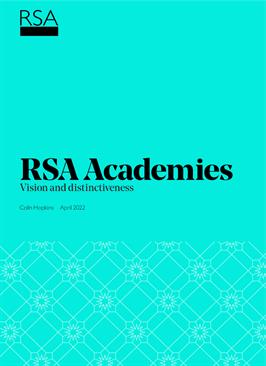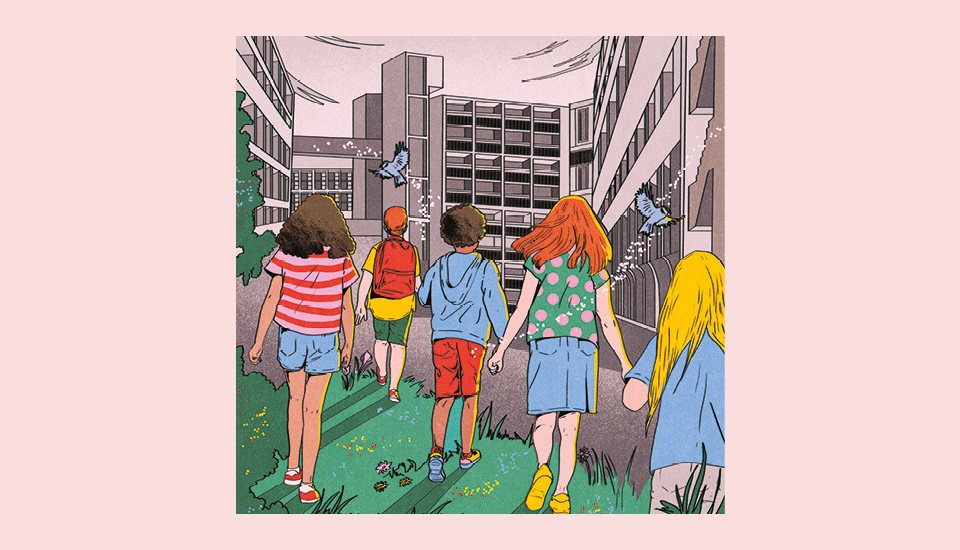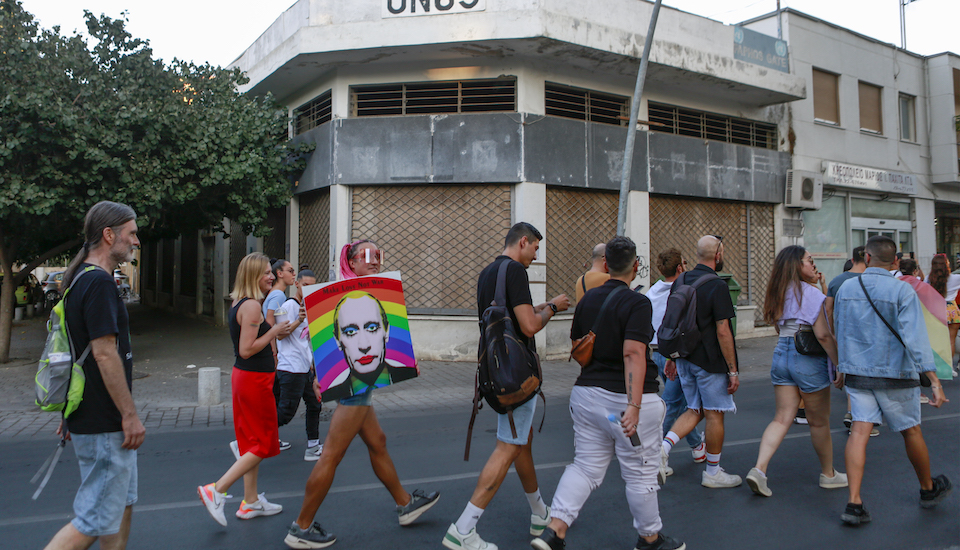After RSA Academies brought its school-based activities to a close at the end of the 2020-21 academic year, the board asked me to review various aspects of the project. This paper sets out to examine the distinctive features of the RSA Academies project.
The report, RSA Academies: Vision and distinctiveness, does not pretend to offer a comprehensive history and is necessarily selective. While there is inevitably a degree of subjectivity in my analysis, I have tried to give a balanced and objective view of the project’s achievements and complexities.
My approach is primarily qualitative since it relies heavily on the official record as set out in RSA Academies (RSAA) board papers and minutes and other published documents. Where possible, I have tried to animate an issue by bringing voices from within the RSAA community to the fore. It is the human perspectives that provide colour and reveal underlying assumptions and values. The overall approach seeks to achieve ‘grounded theory’ by using qualitative data ‘to form explanations and theories that are grounded in the details, evidence and examples of such data’.
What emerges from the story are fascinating insights into how organisations evolve and behave and into the interplay of power relations between participating organisations and players. The concluding section aims to bring insights and learning from the story and to offer a balanced view of the RSA Academies project over time.
Read the report below.
pdf 1.1 MB
Related articles
-
Young at heart
Journal
Jonathan Prosser
Becoming a nation with children at its centre in 10 courageous steps.
-
Open RSA knowledge standards
Blog
Alessandra Tombazzi Tom Kenyon
After investigating ‘knowledge commons’, we're introducing our open RSA standards and what they mean for our practice, products and processes.
-
Worlds apart
Comment
Frank Gaffikin
We are at an inflexion point as a species with an increasing need for collaborative responses to the global crises we face.




